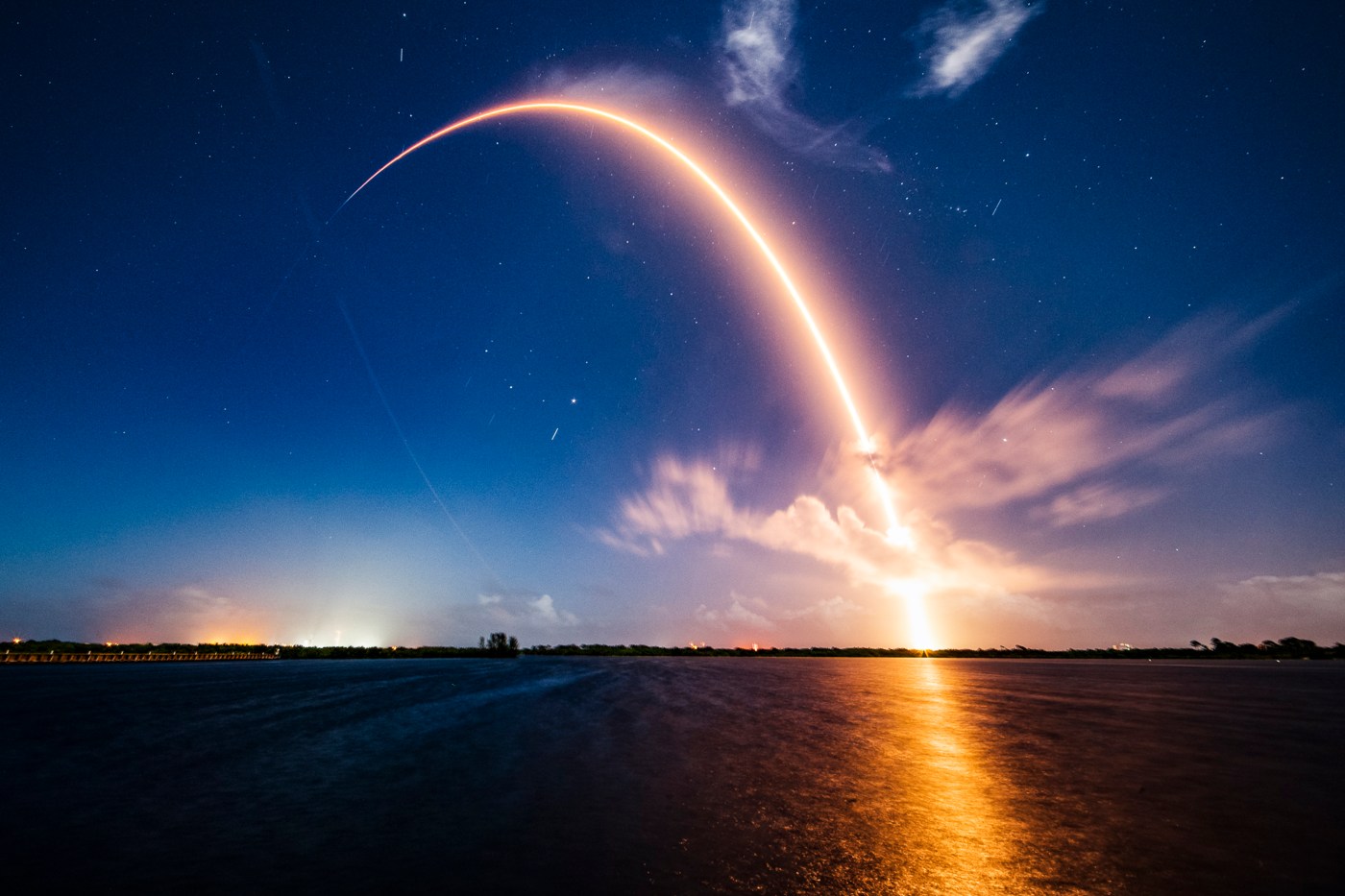UPDATE: New reports confirm that the United States is on the brink of falling behind in the escalating space race as China accelerates its ambitious space agenda. This urgent situation comes after the U.S. federal government shutdown during Space Week from October 4-10, 2023, highlighting a severe lack of leadership and strategy in American space policy.
The stakes are unprecedented. The nation that establishes dominance in space will not only secure its own economic and national security but will also dictate the rules governing international space operations for generations. Analysts now warn that without a cohesive framework, China is poised to surpass the U.S. in this critical domain.
China has recently made significant strides, including deploying an AI “supercomputing” satellite constellation and collaborating with Russia to develop a Lunar nuclear power plant for their planned International Lunar Research Station (ILRS). Dr. Namrata Goswami, a prominent space analyst, emphasizes that the Chinese Communist Party’s focus on reusable rockets and lunar industrialization positions China for a potential leap ahead of America.
The implications are dire. SpaceX, led by billionaire Elon Musk, currently dominates the space launch sector, outpacing all competitors. However, some analysts warn that this advantage might be fleeting. China’s recent achievements include successful in-space refueling, the testing of advanced orbital systems, and the establishment of its own crewed space station. Notably, China has even returned samples from the far side of the moon—an accomplishment that remains unachieved by the U.S.
What could a future look like if China continues on its current trajectory? The potential for crises looms large. Experts are raising concerns about how the U.S. would react if a hostile nation disabled its satellites or deployed anti-satellite weaponry. The absence of a robust crisis management strategy puts America at a distinct disadvantage.
Energy competition in space is another area of concern. While global focus remains on renewable energy, China is investing heavily in space-based solar power systems capable of beaming energy back to Earth. This initiative is part of China’s vision for a $10 trillion-per-year Earth-Moon economic zone, which could redefine global energy dynamics.
Moreover, strategic resources on the moon, such as Helium-3 and water ice, present vital opportunities. The first nation to establish control over these resources could dominate the logistics hub of the solar system.
As commercial space endeavors grow, so too will the need for crisis planning. With the advent of space tourism, accidents and emergencies will inevitably occur. Yet, currently, no federal agency—including NASA or the Space Force—has the authority or resources to conduct necessary rescue operations in space.
Although positive steps have been taken, such as President Donald Trump’s executive order aimed at streamlining launch licensing, experts argue that deregulation alone does not constitute a strategy. The U.S. requires a prioritized investment plan and a unified national vision to maintain its leadership in space.
If the United States fails to act decisively, it risks losing not only its prestige but also its economic future and global influence. The next Sputnik moment is approaching, and the question remains: Will the U.S. be caught off guard, or will it harness its innovative capabilities to reclaim its position in space?
As developments unfold, the urgency for a coherent American space strategy has never been greater. The world is watching closely.







